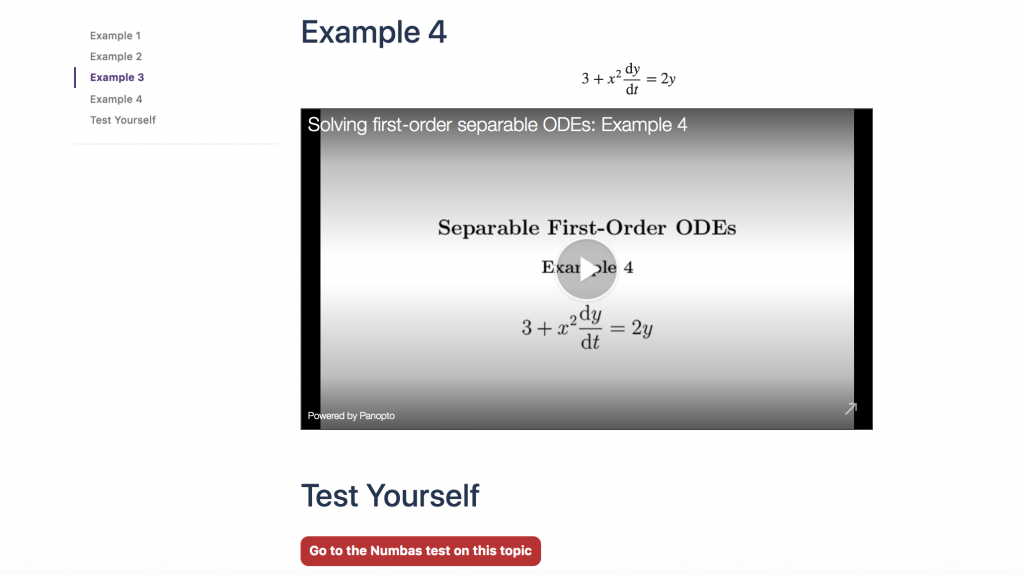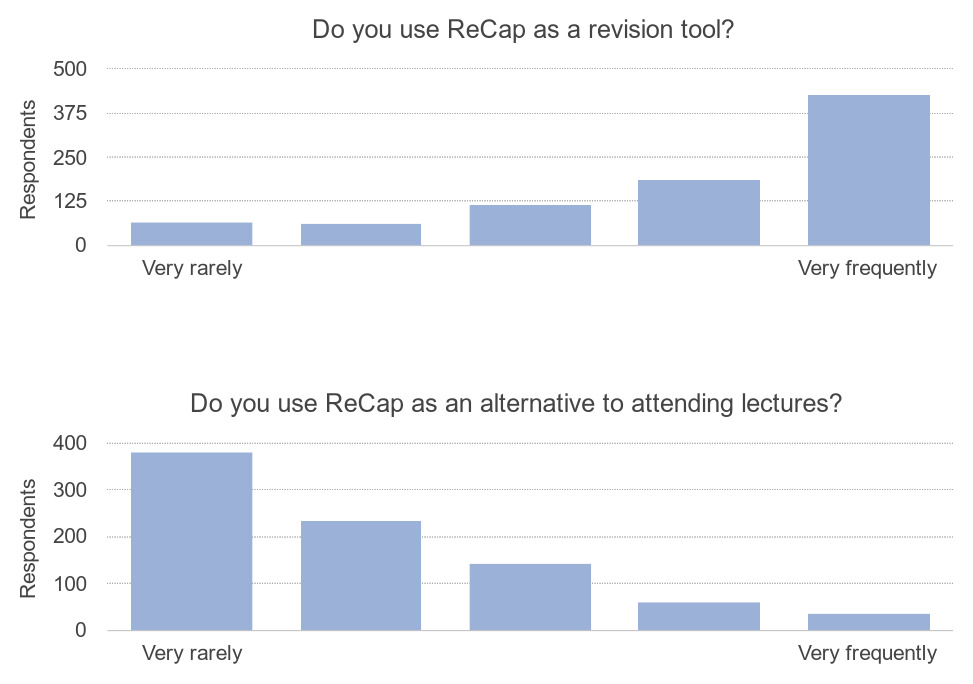David De La Haye, Music Technician, School of Arts and Cultures
‘Silurian’ is the Hebridean Whale and Dolphin Trust’s research vessel and for ten days in September I joined the crew on a voyage around the Inner and Outer Hebrides. A citizen science project that was established in 2002, the trust has collected one of the largest visual and acoustic datasets of cetacean activity in the region.
Awake to the tide crashing on the shores of an uninhabited island, the sound of snapping shrimp beneath the waters in a secluded bay. Listen to the amplified strains and groans of the vessel in swell before drifting asleep to the eerie howls of grey seals. Perhaps register the echolocation of Risso’s dolphins or the distant pulse of minke whales. The seas are awash with sounds, revealed through acoustic technologies. As we begin to explore these rich soundscapes we start to understand the impact of other anthropogenic noise, persistent throughout.
The NUTELA fund afforded me time for real-life creative practice, developing the tools needed to assist students who are beginning to embrace the growing trend towards field-recording. Realising sonic opportunity in the everyday, understanding which technologies are best suited to given tasks and advising on appropriate methods of sound diffusion within the studio environment are topics covered within my demonstrator role; this award provided invaluable experience and insight. The work-in-progress was performed as a multi-channel piece at the ‘LIVE in the Kings Hall’ series alongside other practitioners in ICMuS.
The voyage included incredible audio-finds! Recordings of unusual animal behaviour captured onboard Silurian were confirmed on Twitter and the project has already captured the imagination of the Institute of Creative Arts Practice (NICAP) who recently awarded me a ‘Pioneer Award’. This will be used to conduct an experimental research project that intercepts the acoustic data collected by HWDT and marine acoustic systems developed in SAgE, inviting listeners to imagine an oceanic perspective through the generation of sound installations, crossing boundaries between Marine Science, Bioacoustics, Electronic Engineering and Digital Arts.
Student Feedback
“Given my major project’s use of recorded sound, I thought it would be important to get some advice in order to learn more about technology and production techniques. The project focused around the Hebridean islands set in motion ideas for my project so i thought it would good to speak with David De La Haye for further development of my own work.”
David was awarded a NUTELA Small Grants Fund to explore the use of technology enhanced practices in learning and teaching. Find out more about the NUTELA Small Grants Fund.




